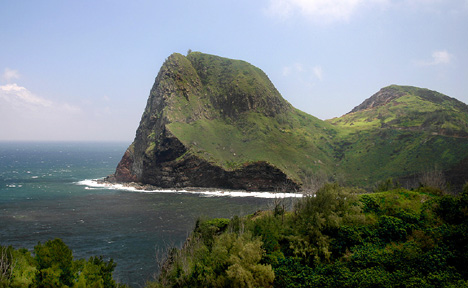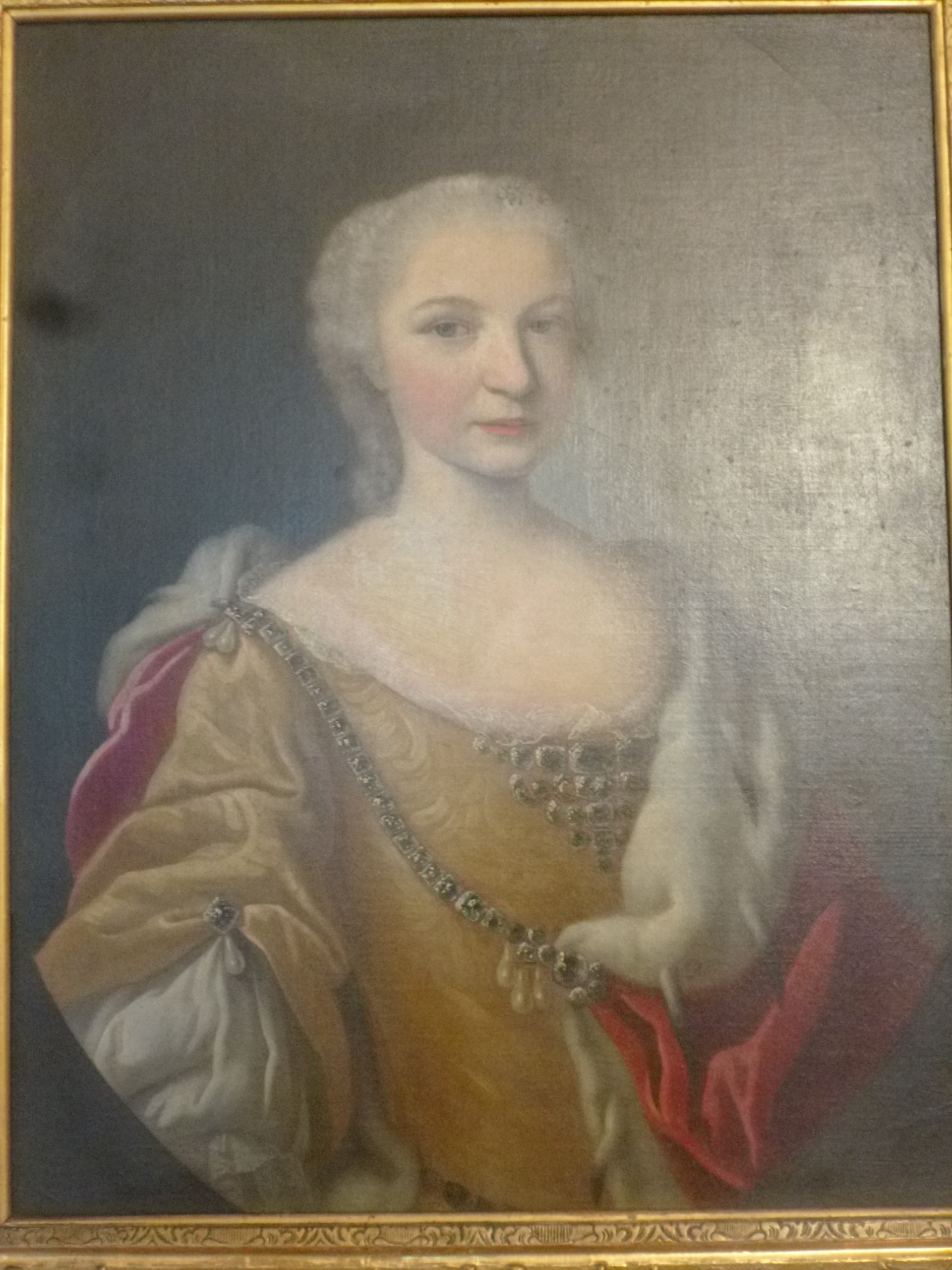|
Johann Gottlieb Görner
Johann Gottlieb Görner (16 April 1697 – 15 February 1778) was a German composer and organist. Biography Görner was born in Penig, Saxony. His brother was the composer Johann Valentin Görner and his son the organist Karl Friedrich Görner. He was a student at the Thomasschule zu Leipzig and University of Leipzig, then organist of the city's Paulinerkirche from 1716 (whose music director he became in 1723) then its Nikolaikirche from 1721. In 1723 he founded a Collegium Musicum, which competed with Johann Sebastian Bach Johann Sebastian Bach (German: Help:IPA/Standard German, �joːhan zeˈbasti̯an baχ ( – 28 July 1750) was a German composer and musician of the late Baroque music, Baroque period. He is known for his prolific output across a variety ...'s. He died in Leipzig. References External linksGörnerRenaissance-Musikverlag 1697 births 1778 deaths 18th-century German classical composers 18th-century German keyboardists 18th-century German male m ... [...More Info...] [...Related Items...] OR: [Wikipedia] [Google] [Baidu] |
Penig
Penig () is a town in the district of Mittelsachsen, in the Free State of Saxony, Germany. It is situated on the river Zwickauer Mulde, 19 km northwest of Chemnitz. The old and the new castle were owned by the House of Schönburg from 1378 until 1945. Penig housed a concentration camp during World War II World War II or the Second World War (1 September 1939 – 2 September 1945) was a World war, global conflict between two coalitions: the Allies of World War II, Allies and the Axis powers. World War II by country, Nearly all of the wo .... Alten Schloss Penig.jpg, The Old Castle Neues Schloss Penig Parkansicht.jpg, The New Castle People * Friedrich Eduard Bilz References Mittelsachsen {{Mittelsachsen-geo-stub ... [...More Info...] [...Related Items...] OR: [Wikipedia] [Google] [Baidu] |
1778 Deaths
Events January–March * January 18 – Third voyage of James Cook: Captain James Cook, with ships HMS ''Resolution'' and HMS ''Discovery'', first views Oʻahu then Kauaʻi in the Hawaiian Islands of the Pacific Ocean, which he names the ''Sandwich Islands''. * February 5 – In the United States: **South Carolina becomes the first state to ratify the Articles of Confederation. **General John Cadwalader shoots and seriously wounds Major General Thomas Conway in a duel after a dispute between the two officers over Conway's continued criticism of General George Washington's leadership of the Continental Army.''Harper's Encyclopaedia of United States History from 458 A. D. to 1909'', ed. by Benson John Lossing and, Woodrow Wilson (Harper & Brothers, 1910) p166 * February 6 – American Revolutionary War: In Paris, the Treaty of Alliance and the Treaty of Amity and Commerce are signed by the United States and France, signaling official French recognit ... [...More Info...] [...Related Items...] OR: [Wikipedia] [Google] [Baidu] |
German Classical Organists
German(s) may refer to: * Germany, the country of the Germans and German things **Germania (Roman era) * Germans, citizens of Germany, people of German ancestry, or native speakers of the German language ** For citizenship in Germany, see also German nationality law **Germanic peoples (Roman era) *German diaspora * German language * German cuisine, traditional foods of Germany People * German (given name) * German (surname) * Germán, a Spanish name Places * German (parish), Isle of Man * German, Albania, or Gërmej * German, Bulgaria * German, Iran * German, North Macedonia * German, New York, U.S. * Agios Germanos, Greece Other uses * German (mythology), a South Slavic mythological being * Germans (band), a Canadian rock band * German (song), "German" (song), a 2019 song by No Money Enterprise * ''The German'', a 2008 short film * "The Germans", an episode of ''Fawlty Towers'' * ''The German'', a nickname for Congolese rebel André Kisase Ngandu See also * Germanic ... [...More Info...] [...Related Items...] OR: [Wikipedia] [Google] [Baidu] |
18th-century German Male Musicians
The 18th century lasted from 1 January 1701 (represented by the Roman numerals MDCCI) to 31 December 1800 (MDCCC). During the 18th century, elements of Age of Enlightenment, Enlightenment thinking culminated in the Atlantic Revolutions. Revolutions began to challenge the legitimacy of monarchical and aristocratic power structures. The Industrial Revolution began mid-century, leading to radical changes in Society, human society and the Natural environment, environment. The European colonization of the Americas and other parts of the world intensified and associated mass migrations of people grew in size as part of the Age of Sail. During the century, History of slavery, slave trading expanded across the shores of the Atlantic Ocean, while declining in Russian Empire, Russia and Qing dynasty, China. Western world, Western historians have occasionally defined the 18th century otherwise for the purposes of their work. For example, the "short" 18th century may be defined as 1715� ... [...More Info...] [...Related Items...] OR: [Wikipedia] [Google] [Baidu] |
18th-century German Keyboardists
The 18th century lasted from 1 January 1701 (represented by the Roman numerals MDCCI) to 31 December 1800 (MDCCC). During the 18th century, elements of Enlightenment thinking culminated in the Atlantic Revolutions. Revolutions began to challenge the legitimacy of monarchical and aristocratic power structures. The Industrial Revolution began mid-century, leading to radical changes in human society and the environment. The European colonization of the Americas and other parts of the world intensified and associated mass migrations of people grew in size as part of the Age of Sail. During the century, slave trading expanded across the shores of the Atlantic Ocean, while declining in Russia and China. Western historians have occasionally defined the 18th century otherwise for the purposes of their work. For example, the "short" 18th century may be defined as 1715–1789, denoting the period of time between the death of Louis XIV of France and the start of the French Revoluti ... [...More Info...] [...Related Items...] OR: [Wikipedia] [Google] [Baidu] |
1697 Births
Events January–March * January 8 – Thomas Aikenhead is hanged outside Edinburgh, becoming the last person in Great Britain to be executed for blasphemy. * January 11 – French writer Charles Perrault releases the book '' Histoires ou contes du temps passé'' (literally "Tales of Past Times", known in England as "Mother Goose tales") in Paris, a collection of popular fairy tales, including '' Cinderella'', '' Puss in Boots'', '' Red Riding Hood'', ''The Sleeping Beauty'' and '' Bluebeard''. * February 22 – Gerrit de Heere becomes the new Governor of Dutch Ceylon, succeeding Thomas van Rhee and administering the colony for almost six years until his death. * February 26 – Conquistador Martín de Ursúa y Arizmendi and 114 soldiers arrive at Lake Petén Itzá in what is now Guatemala and begin the Spanish conquest of Guatemala with an attack on the capital of the Itza people there before moving northward to the Yucatan peninsula. * March 9 – Grand Embassy ... [...More Info...] [...Related Items...] OR: [Wikipedia] [Google] [Baidu] |
Saxony
Saxony, officially the Free State of Saxony, is a landlocked state of Germany, bordering the states of Brandenburg, Saxony-Anhalt, Thuringia, and Bavaria, as well as the countries of Poland and the Czech Republic. Its capital is Dresden, and its largest city is Leipzig. Saxony is the List of German states by area, tenth largest of Germany's sixteen states, with an area of , and the List of German states by population, sixth most populous, with more than 4 million inhabitants. The term Saxony (other), Saxony has been in use for more than a millennium. It was used for the medieval Duchy of Saxony, the Electorate of Saxony of the Holy Roman Empire, the Kingdom of Saxony, and twice for a republic. The first Free State of Saxony was established in 1918 as a constituent state of the Weimar Republic. After World War II, it was under Soviet occupation before it became part of communist East Germany and was abolished by the government in 1952. Following German reunificat ... [...More Info...] [...Related Items...] OR: [Wikipedia] [Google] [Baidu] |
Johann Sebastian Bach
Johann Sebastian Bach (German: Help:IPA/Standard German, [ˈjoːhan zeˈbasti̯an baχ]) ( – 28 July 1750) was a German composer and musician of the late Baroque music, Baroque period. He is known for his prolific output across a variety of instruments and forms, including the orchestral ''Brandenburg Concertos''; solo instrumental works such as the Cello Suites (Bach), cello suites and Sonatas and Partitas for Solo Violin (Bach), sonatas and partitas for solo violin; keyboard works such as the ''Goldberg Variations'' and ''The Well-Tempered Clavier''; organ works such as the ' and the Toccata and Fugue in D minor, BWV 565, Toccata and Fugue in D minor; and choral works such as the ''St Matthew Passion'' and the Mass in B minor. Since the 19th-century Reception of Johann Sebastian Bach's music, Bach Revival, he has been widely regarded as one of the greatest composers in the history of Western music. The Bach family had already produced several composers when Joh ... [...More Info...] [...Related Items...] OR: [Wikipedia] [Google] [Baidu] |
Paulinerkirche, Leipzig
The Paulinerkirche was a church on the Augustusplatz in Leipzig. It was built in 1231 as the Klosterkirche for the Dominican monastery in Leipzig. From the foundation of the University of Leipzig in 1409, it served as the university church. After the Protestant Reformation it was donated to the university and was inaugurated in 1545 by Martin Luther as the Universitätskirche (University Church of ), later also called Unikirche. Johann Sebastian Bach was director of music for "festal" (holiday) services in 1723−25. The church survived the war practically unscathed but was dynamited in 1968 during the communist regime of East Germany. After the reunification of Germany, it was decided to build a new university church on the site in the shape of the former church. A new building, the Paulinum (formally: "Aula und Universitätskirche St. Pauli", i.e. "Assembly Hall and University Church St. Paul"), was built on the site beginning in 2007. History Dominican Abbey In 1229, f ... [...More Info...] [...Related Items...] OR: [Wikipedia] [Google] [Baidu] |




